CURRICULA
The doctoral program is divided into five curricula,
with the aim of covering all areas of interest:
MECHANICS
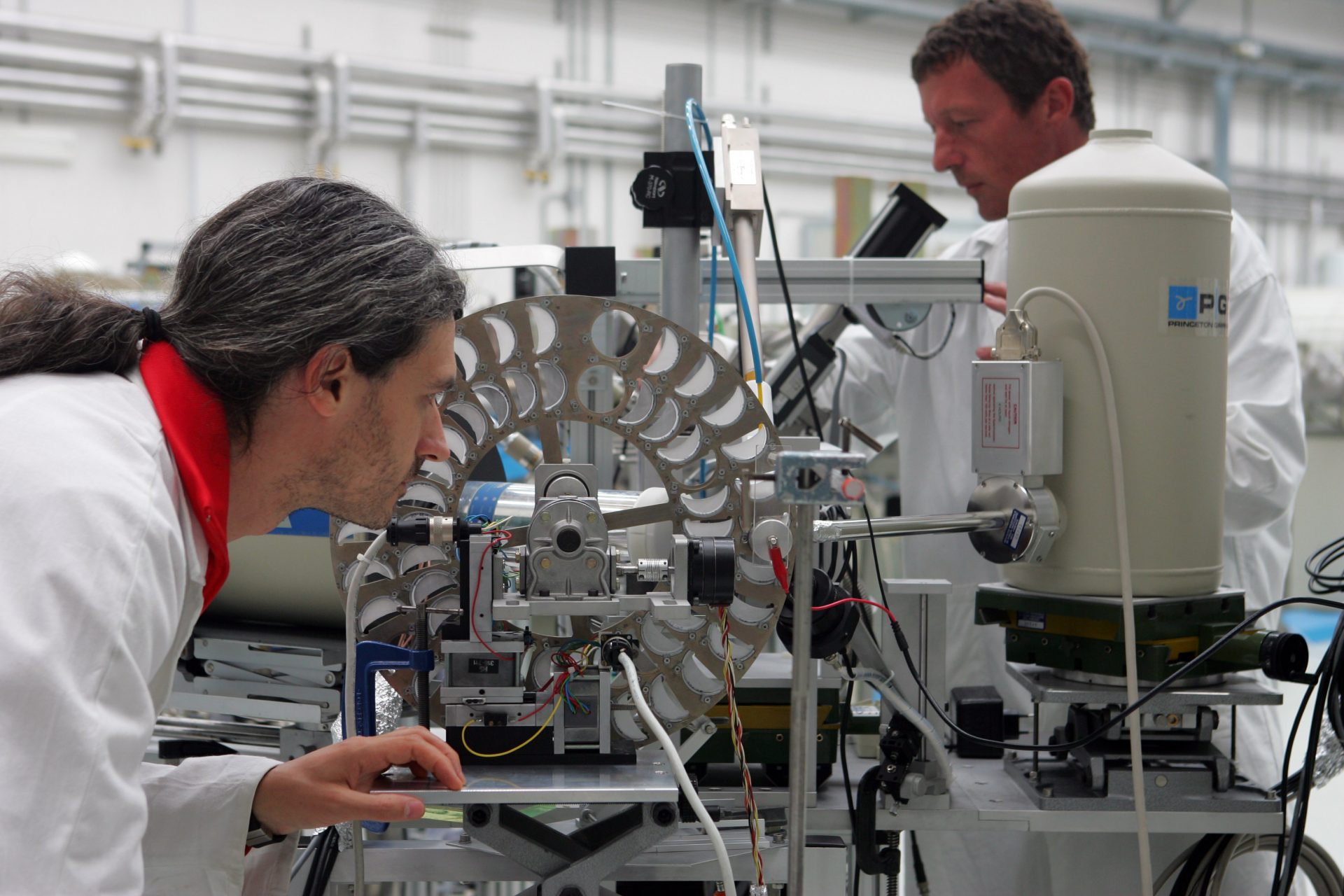
It focuses on the use and development of advanced methodologies and technologies in the fields of additive manufacturing, materials science, cryogenics, ultra-high vacuum systems, metrology, mechatronics, and multi-physics simulation and analysis.
ELECTRONICS AND ELECTRICAL ENGINEERING FOR ACCELERATORS
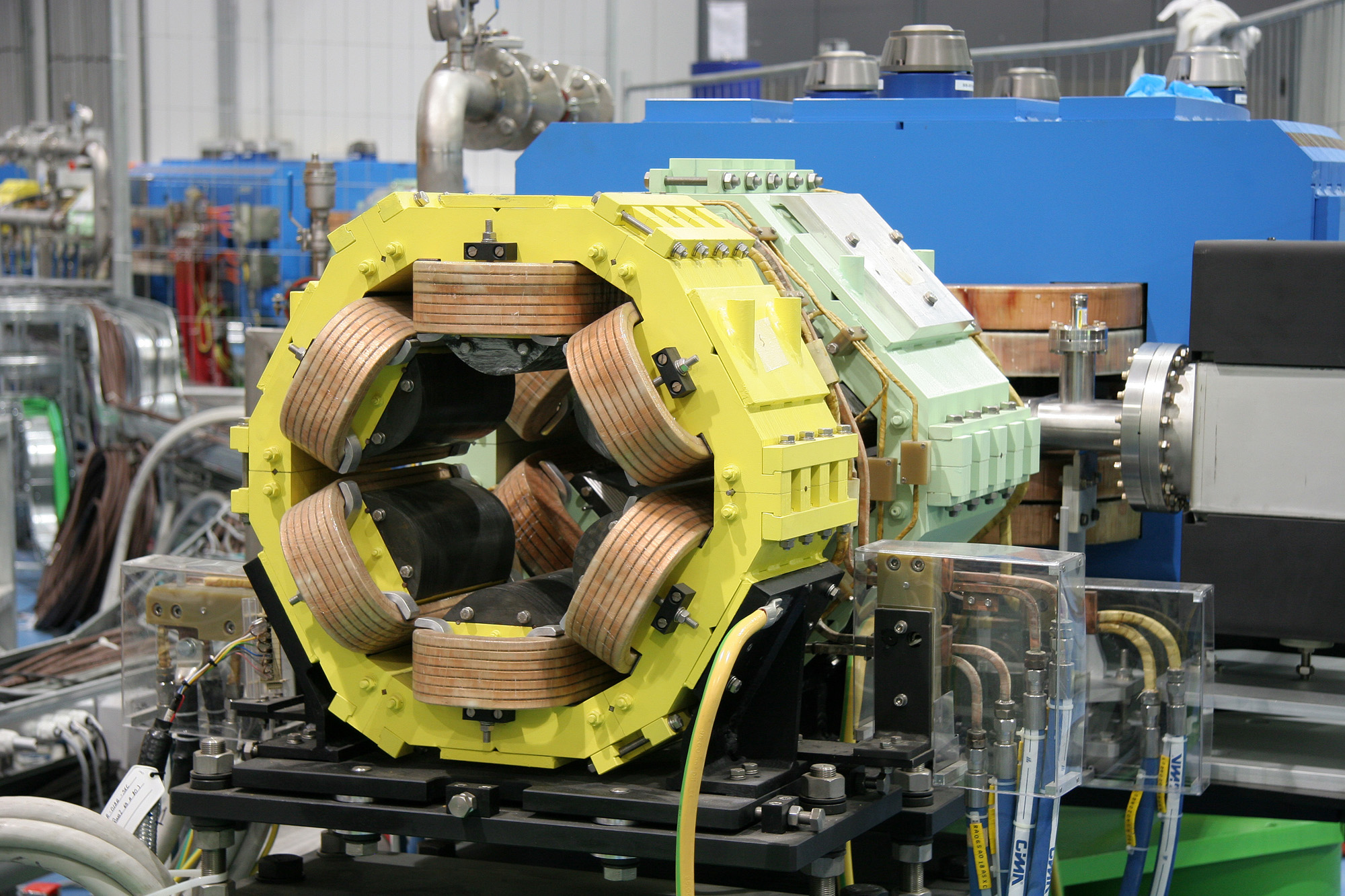
Focused on technologies for generating extremely intense electromagnetic fields for particle accelerators, including electromagnets, radio-frequency cavities, and transmission systems, with particular emphasis on superconducting operation, permanent magnets, and high-performance power supply systems.
IT AND COMPUTING
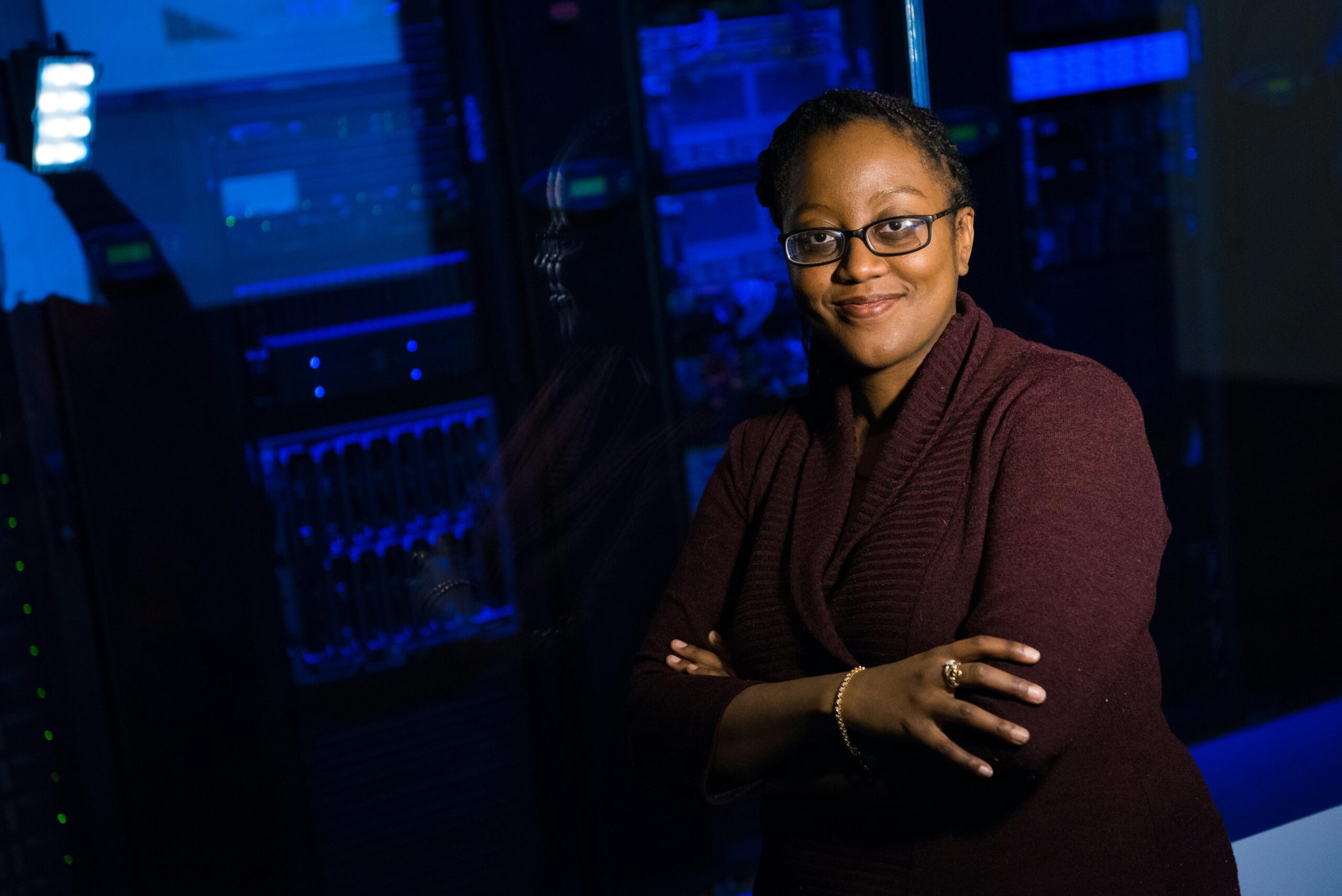
It focuses on the implementation of computing and networking technologies, supercomputing methods and applications, Big Data, archives, and the use of AI.
ELECTRICAL ENGINEERING
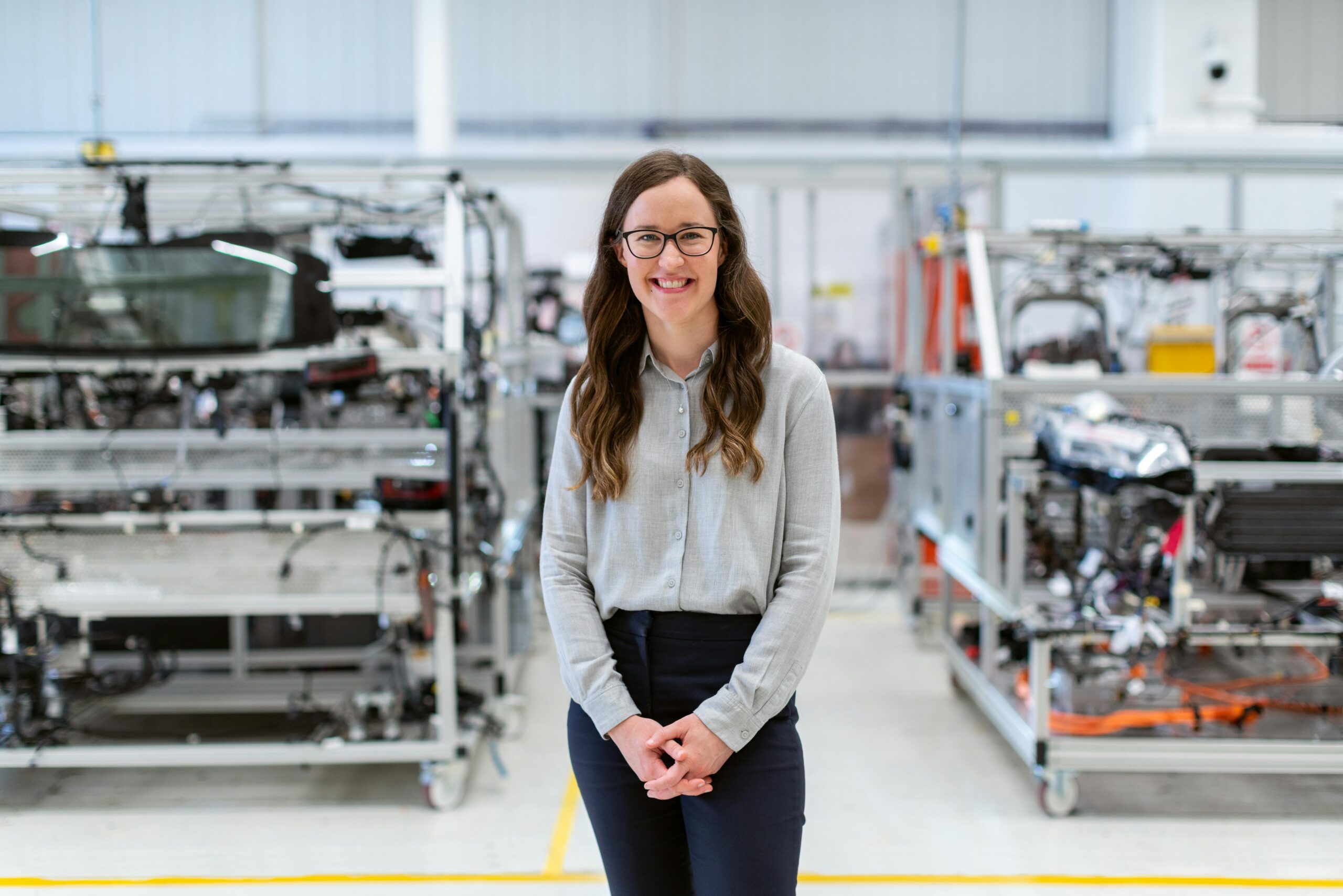
It focuses on analog and digital microelectronics applied to detector readout, sensor networks, and detection systems, as well as on electrodynamics, magnetism, radiation-hardened electronics, radio-frequency and power electronics for detectors, electronics for control, diagnostics and safety systems of accelerators and detectors, and radio communication technologies.
DETECTORS, LASERS, AND OPTICS
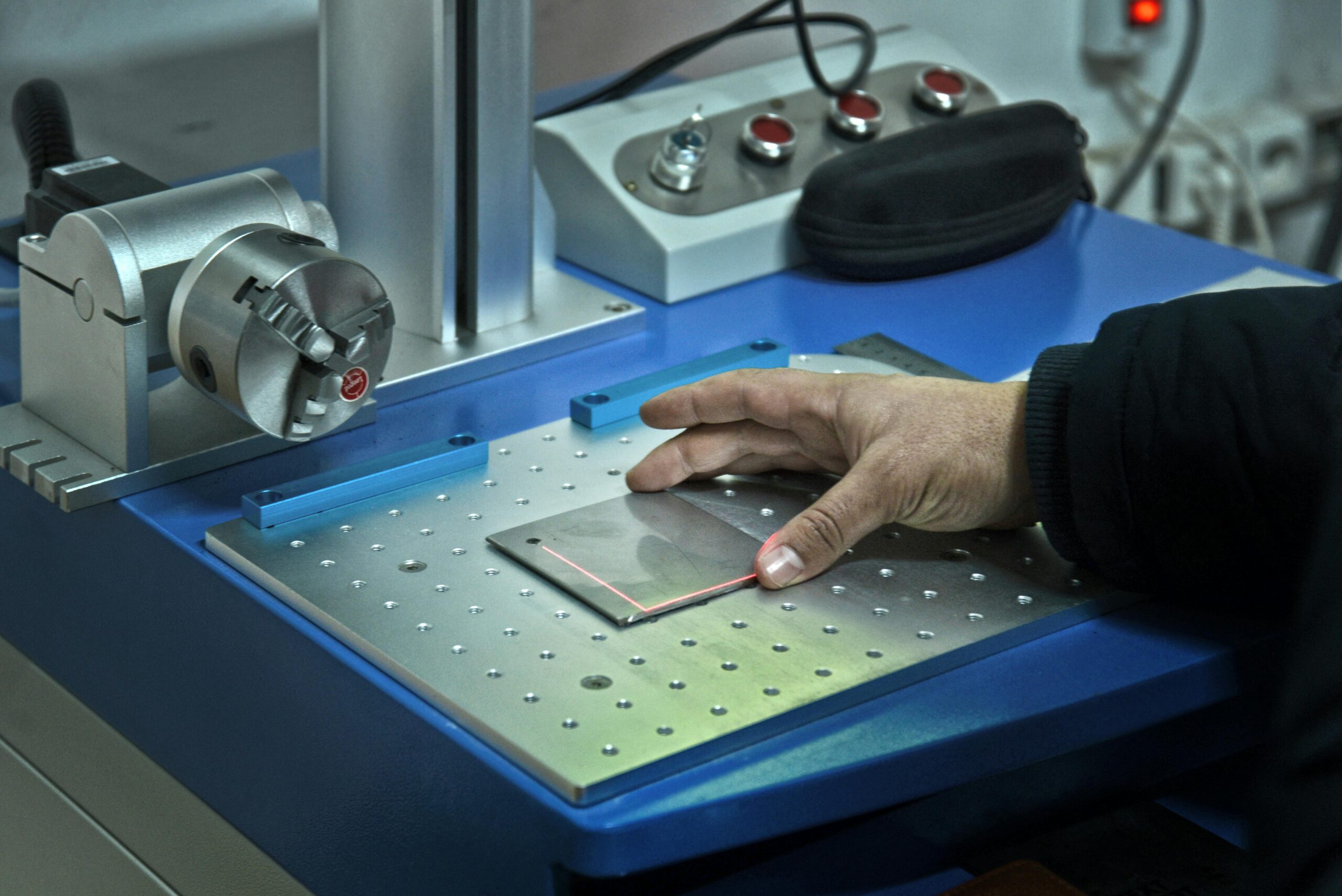
It brings together technologies for radiation detectors, optical, infrared, and high-energy detectors, laser technologies, optics, and optomechanics.
The training program for each doctoral student enrolled in the Doctoral Program of National Interest in Technologies for Fundamental Physics and Astrophysics includes the following requirements:
- Conduct research under the guidance of a supervisor and a co-supervisor, appointed by the Faculty Board;
- Each doctoral student must attend at least 4 of the courses offered and accumulate at least 10 credits, or (approximately) 80 hours of lectures, preferably within the first 2 years;
- Each student must attend at least one School;
- One or two courses may be replaced by a School;
- Doctoral students are invited to participate in the DN TFPA national days;
- Doctoral students are invited to participate in guided tours of the DN TFPA.